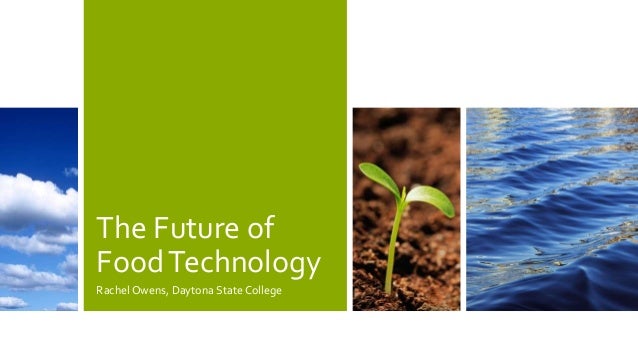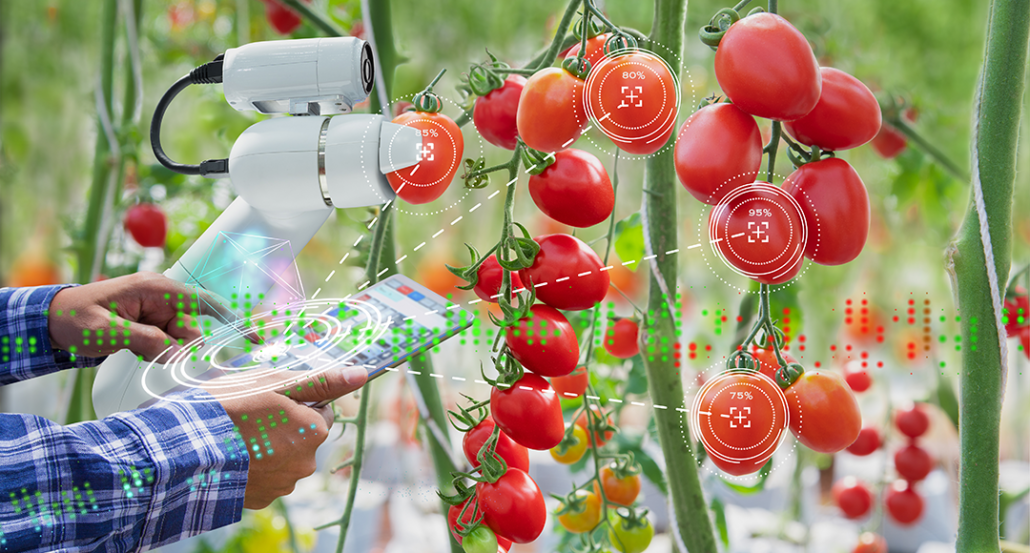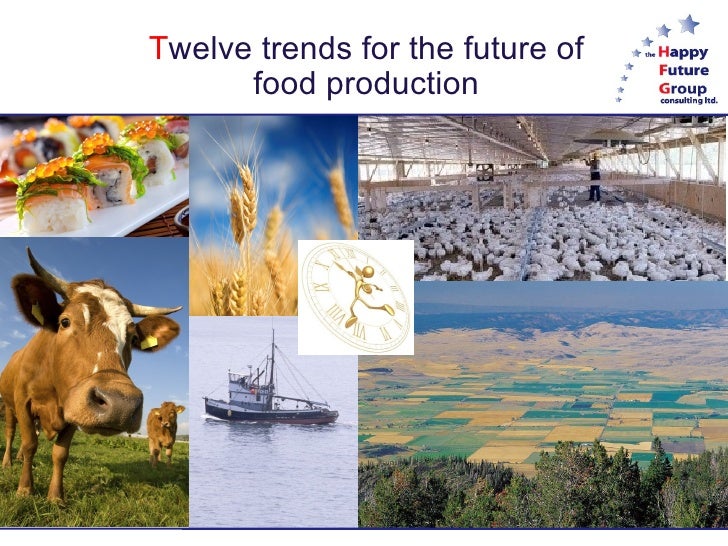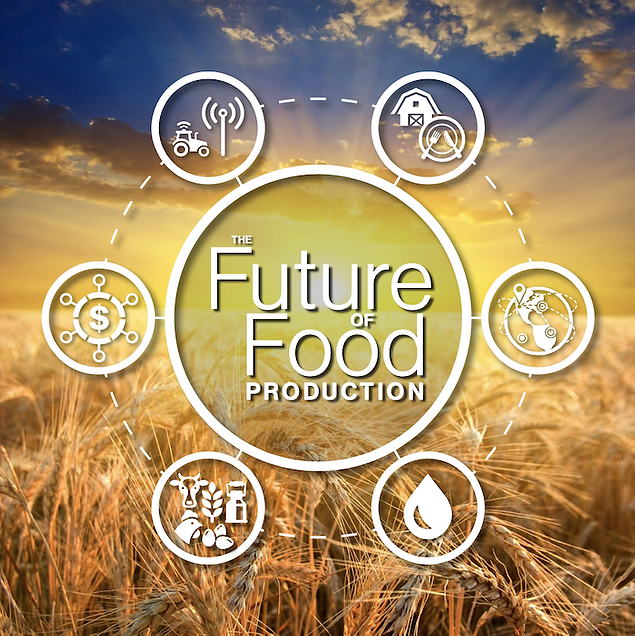Food production has come a long way since the days of hunting and gathering. Today, we rely on technology to help us produce food more efficiently and sustainably than ever before. With the world’s population projected to reach 9.7 billion by 2050, the demand for food will only continue to grow. In this article, we’ll explore the ways in which technology is shaping the future of food production and its impact on sustainability.
The Rise of Precision Agriculture
 Source: bing.com
Source: bing.comPrecision agriculture is a farming technique that uses sensors, drones, and other technologies to collect data on crop yields, soil moisture, and other factors. This data is then used to optimize crop production and reduce waste. By using precision agriculture, farmers can cut down on fertilizer and pesticide use, which in turn reduces the environmental impact of farming. Precision agriculture also allows farmers to produce more food with less land, which helps conserve natural resources.
The Growing Importance of Vertical Farming
 Source: bing.com
Source: bing.comVertical farming is a technique in which crops are grown in stacked layers in a controlled environment. This method of farming uses less water and land than traditional farming methods and allows for year-round crop production. Vertical farms can be located in urban areas, which reduces the carbon emissions associated with transporting food from rural areas to cities. Additionally, vertical farming reduces the need for pesticides and herbicides, which makes it a more sustainable form of food production.
The Role of Automation in Food Production
 Source: bing.com
Source: bing.comThe use of automation in food production is increasing, and for good reason. Automation can help reduce labor costs, increase efficiency, and improve the quality and safety of food. For example, automated systems can help monitor food production processes to ensure that food is being produced safely and to prevent contamination. This reduces the risk of foodborne illnesses, which is a major concern for consumers. Automation also allows food producers to operate more sustainably by reducing waste and conserving resources.
The Impact of Biotechnology on Food Production
 Source: bing.com
Source: bing.comBiotechnology is the use of genetic engineering to modify crops and animals for specific purposes. This technology has been used to create crops that are more resistant to pests and diseases, which reduces the need for pesticides and herbicides. Biotechnology has also been used to create crops that are more nutritious, which can help address malnutrition in developing countries. However, there are concerns about the safety of genetically modified organisms (GMOs) and their impact on the environment.
The Importance of Sustainable Packaging
 Source: bing.com
Source: bing.comSustainable packaging is becoming increasingly important in the food industry. Packaging plays a crucial role in protecting food during transportation and storage, but it can also contribute to environmental problems. Sustainable packaging is designed to minimize waste and reduce the environmental impact of food packaging. This can include using biodegradable materials, reducing the amount of packaging used, and using packaging that is recyclable or reusable.
The Role of Big Data in Food Production
 Source: bing.com
Source: bing.comBig data is playing an increasingly important role in food production. By collecting and analyzing data on crop yields, weather patterns, and other factors, farmers can make more informed decisions about how to manage their crops. Big data can also be used to optimize food production processes, reduce waste, and improve the quality and safety of food. However, there are concerns about data privacy and the potential for misuse of data.
The Importance of Food Safety and Traceability
 Source: bing.com
Source: bing.comFood safety and traceability are critical issues in the food industry. Consumers want to know where their food comes from and whether it is safe to eat. Technology is playing an increasingly important role in ensuring food safety and traceability. For example, blockchain technology can be used to track food from farm to table, which can help prevent food fraud and reduce the risk of foodborne illnesses. Other technologies, such as sensors and RFID tags, can be used to monitor food production processes and ensure that food is being produced safely.
The Impact of Climate Change on Food Production
 Source: bing.com
Source: bing.comClimate change is having a significant impact on food production. Rising temperatures, changes in rainfall patterns, and extreme weather events are affecting crop yields and making it more difficult to produce food in certain parts of the world. To address these challenges, it will be necessary to develop new technologies and agricultural practices that are more resilient to climate change. This will require collaboration between scientists, farmers, and policymakers.
The Future of Food Production
The future of food production will be shaped by technology, innovation, and sustainability. As the world’s population continues to grow, it will be necessary to produce more food with fewer resources. This will require new technologies and agricultural practices that are more efficient and sustainable. It will also require collaboration between farmers, scientists, and policymakers to ensure that food production is safe, nutritious, and environmentally responsible.